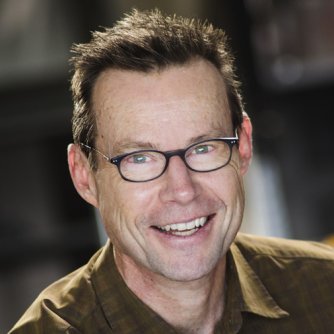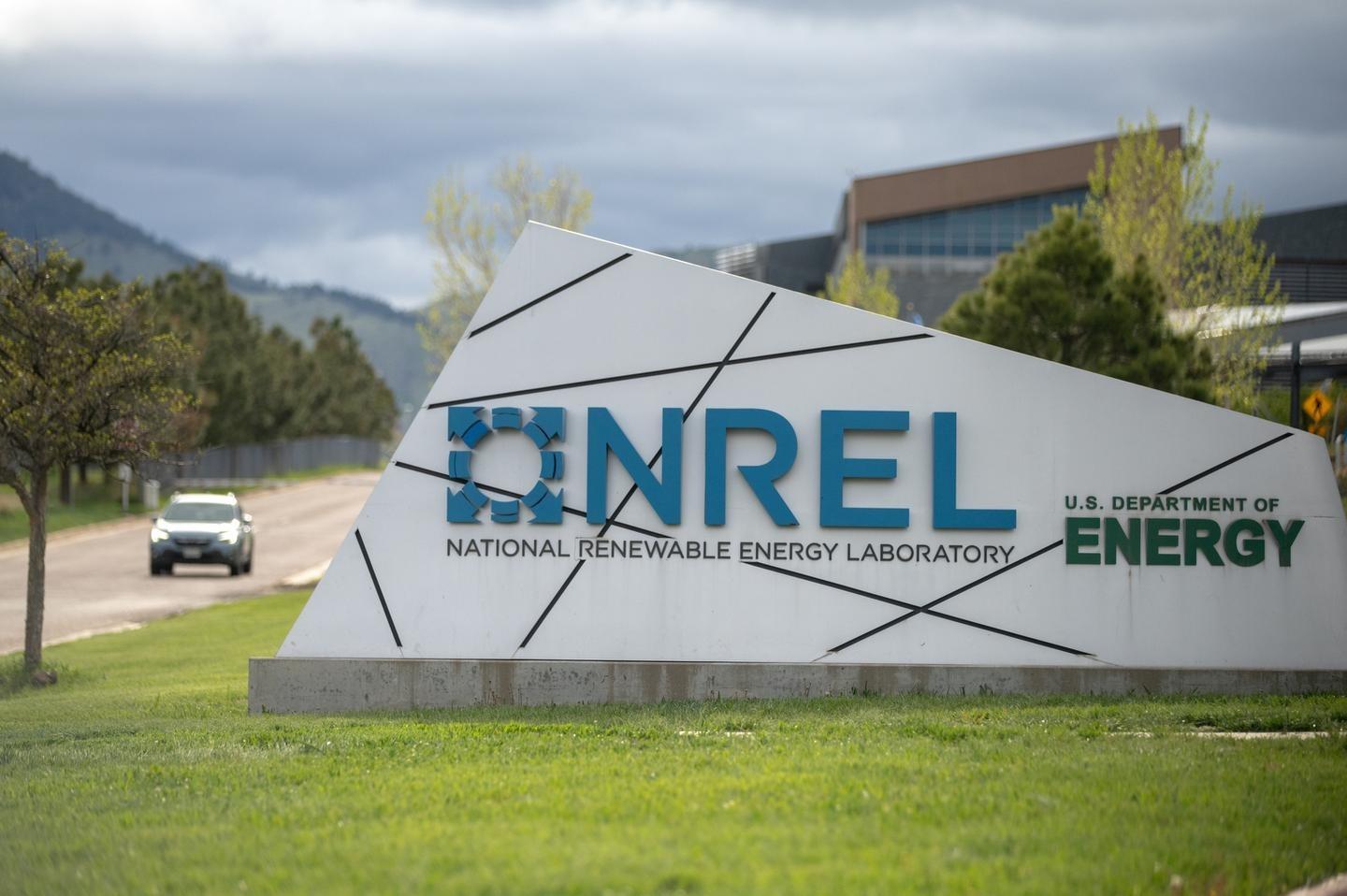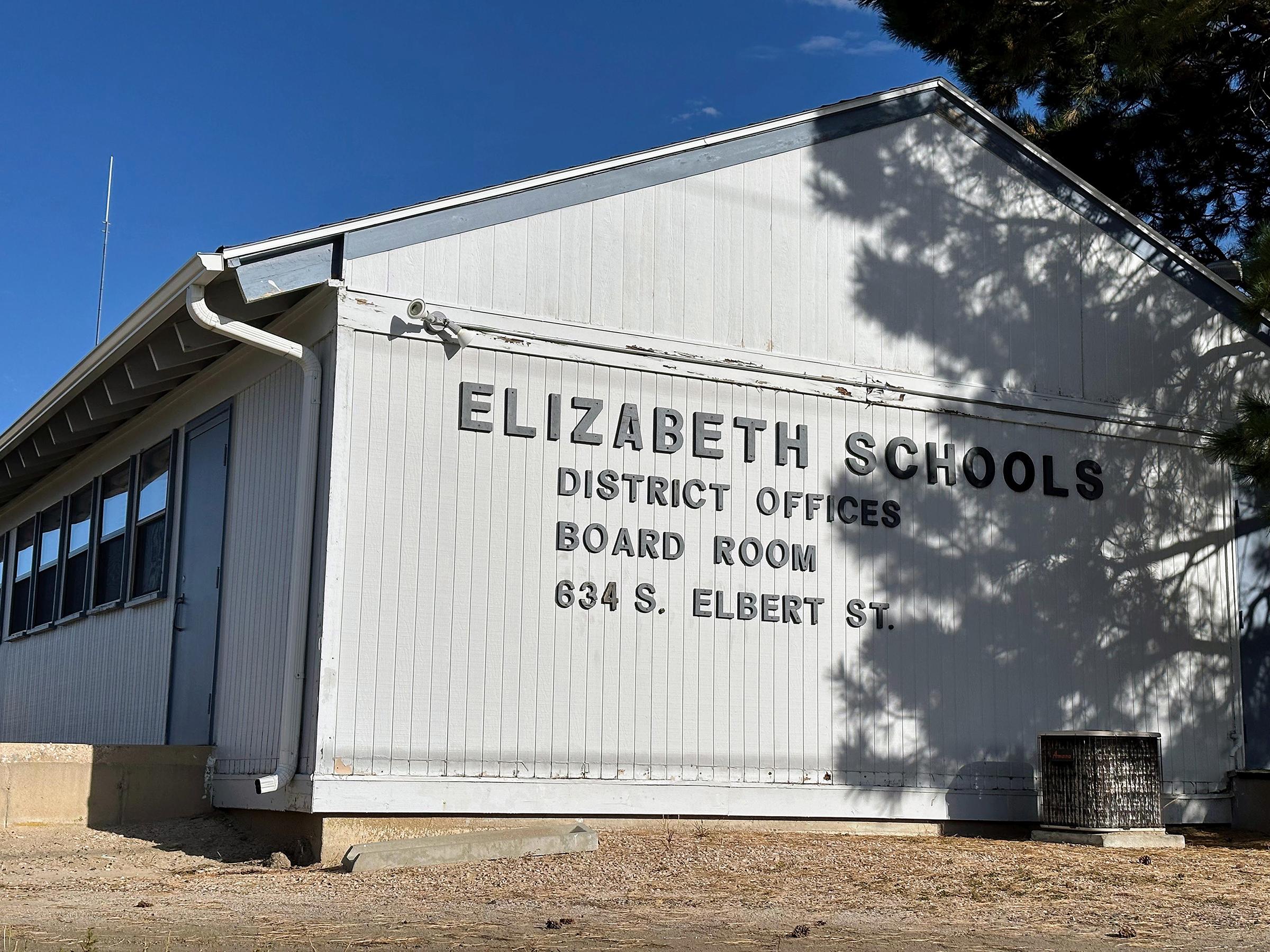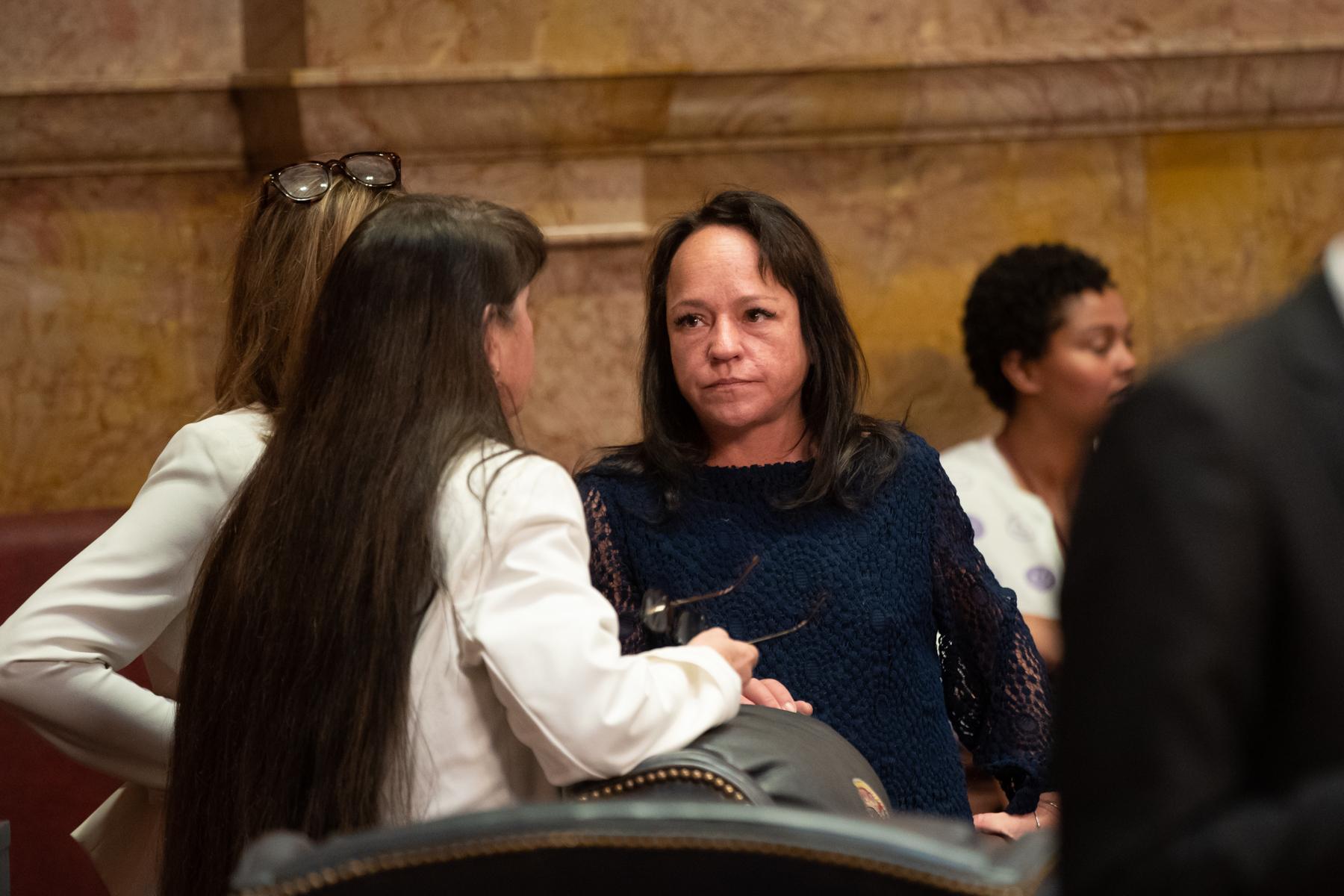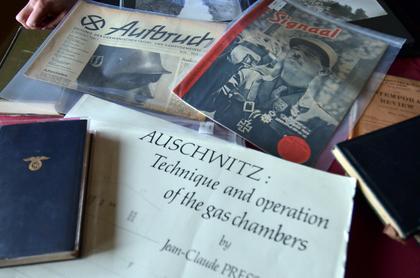

The archive includes more than a half-million items. They were in the private collection of a Texas businessman whose daughter lives in Colorado. She arranged the just-announced donation to CU. History professor David Shneer will oversee the collection, which is just beginning to be unpacked at the school.
“It’s probably going to take us upwards of a year to actually inventory the entire collection which is sitting right now in a warehouse offsite in seven gigantic shipping crates,” Shneer says.
CU staff and students will work on preserving fragile materials, and get some things posted online. Shneer says some items might be available to Holocaust researchers by the beginning of next year. Parts of the archive will also go on public display at the university library.
While much of the archive chronicles the mechanics of genocide and the construction and operation of Nazi death camps, Shneer says the trove of historic documents also sheds light on how the Holocaust was remembered by survivors and others. It includes items from Communist Eastern Europe that are rarely seen in American collections.
“We now have rare volumes from say the late 1940s of survivors living in Poland, writing in Yiddish about their experiences during the Holocaust. So we’re pretty excited to have those kinds of stories being told,” Schneer says.
